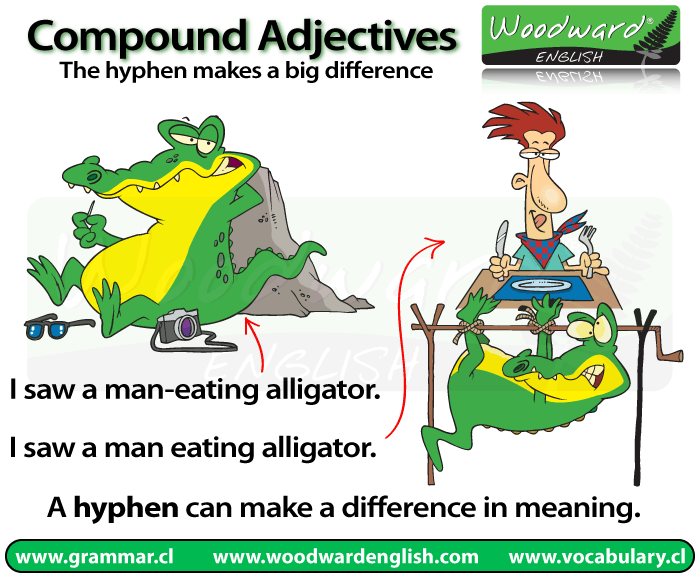Today I am going to write some examples related to the topic above.
1. Either James or Mark is going to the house.
2. Either Jack or I am to get the gift.
3. Either you or Jack is to get the prize.
4. Either of these pencils is well worth buying.
5. Either he or his friends are to be invited.
6. Neither Tina nor Luke is going to the shop.
7. Neither he nor his friends are here.
8.Neither the dog nor the puppies are in the big room.
2. Either Jack or I am to get the gift.
3. Either you or Jack is to get the prize.
4. Either of these pencils is well worth buying.
5. Either he or his friends are to be invited.
6. Neither Tina nor Luke is going to the shop.
7. Neither he nor his friends are here.
8.Neither the dog nor the puppies are in the big room.
9.Neither the puppies nor the dog is in the room.
10.Neither he nor his friend was in the classroom.
11.Neither Sally nor I have the books.
12. Neither of the two girls is tall.
13. Has neither of the girls done her work?

10.Neither he nor his friend was in the classroom.
11.Neither Sally nor I have the books.
12. Neither of the two girls is tall.
13. Has neither of the girls done her work?



